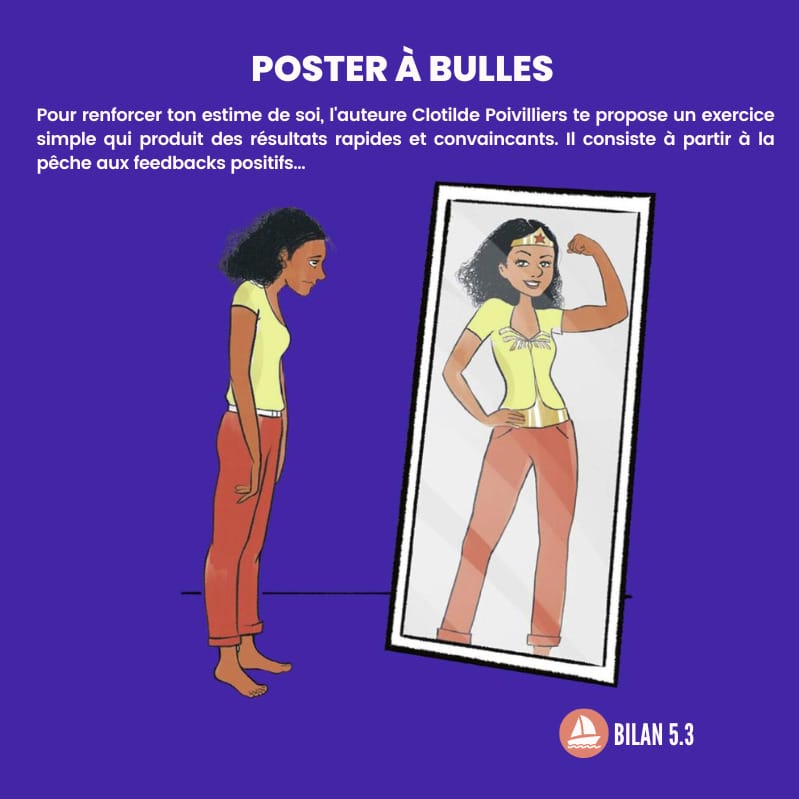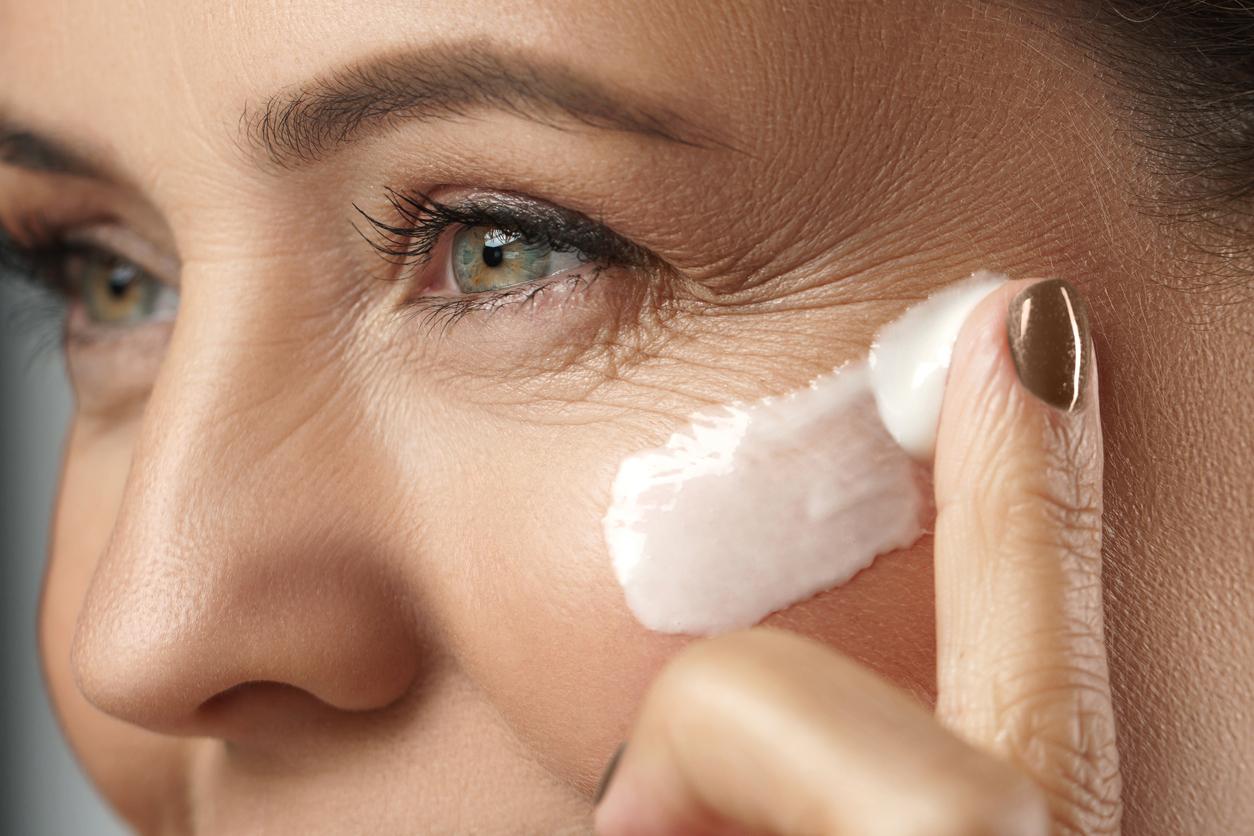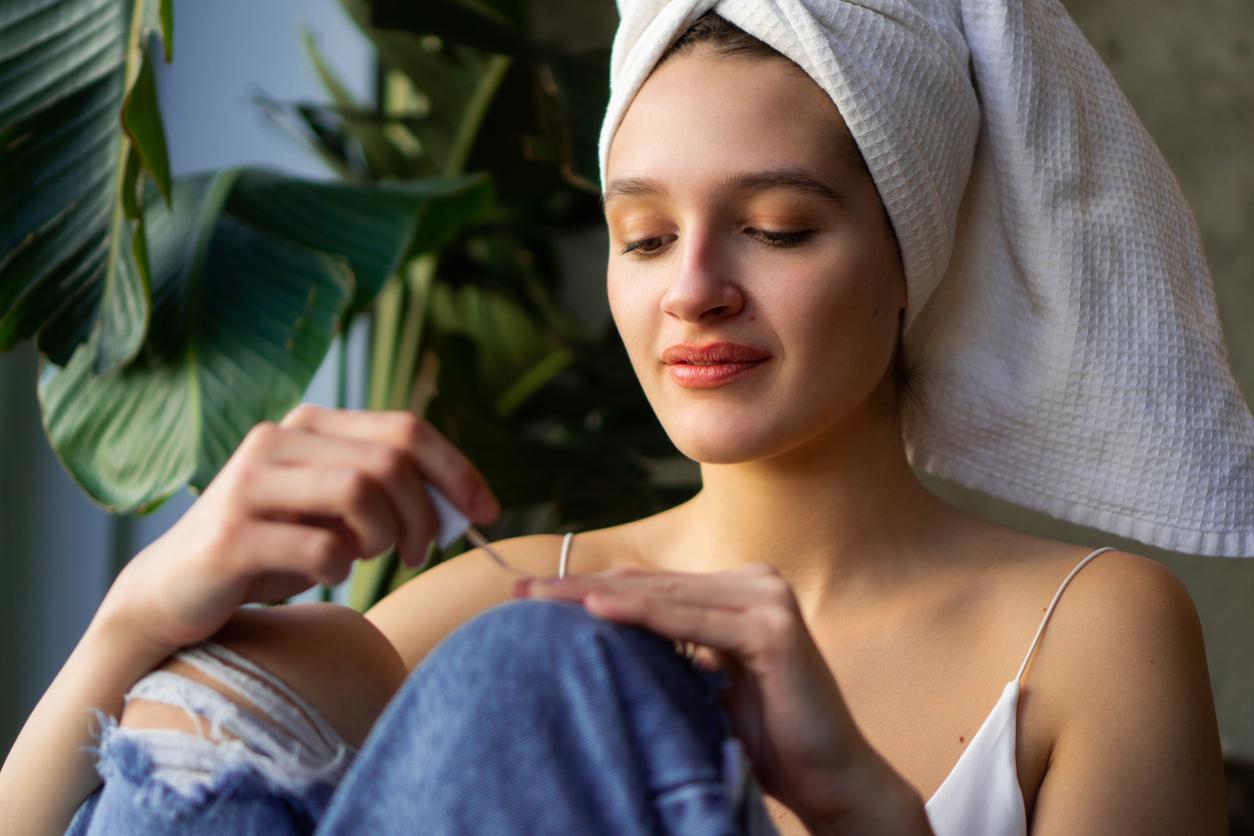Scientists from 29 countries have launched a global appeal, “The Florence Statment of Triclosan“published in the scientific journal Environmental Health Perspective, to ban triclosan from the hygiene products we use every day. This antibacterial pesticide is suspected of being dangerous for health and of belonging to the family of endocrine disruptors. It is found among others in certain toothpastes, soaps, perfumes, mouthwashes and disinfectants but also in household products, clothing, etc. health.
A substance that can be replaced
In their appeal, the experts all agree that triclosan as a molecule has hormonal action. “The substance is suspected of triggering the breast cancer, damage sperm, attack the liver and muscles, and promote resistance to antibiotics. In addition, the substance irritates the skin “says Peter Kälin, president of the Doctors for the Environment in Switzerland.
On his site, Ineris (National Institute for the Industrial Environment and Risks) recalls that the law of July 11, 2013 limits the use of triclosan to a maximum concentration of 0.3% for toothpastes, soaps, shower gels, deodorants in sticks, face powders, manicure products and 0.2 for mouthwashes.
It is used in cosmetics as an antibacterial preservative as well as in soaps, deodorants and toothpastes (to control dental plaque and fight against gingivitis). But other antibacterial substances exist to replace it to avoid any risk to health. If triclosan can be substituted as a preservative in cosmetics (several brands have already stopped using it), it would nevertheless remain essential for products intended for adolescents because of its antibacterial activity.
Read also :
Hygiene: triclosan disrupts bacteria in the intestine
More than half of cosmetics are said to contain substances dangerous to health
















